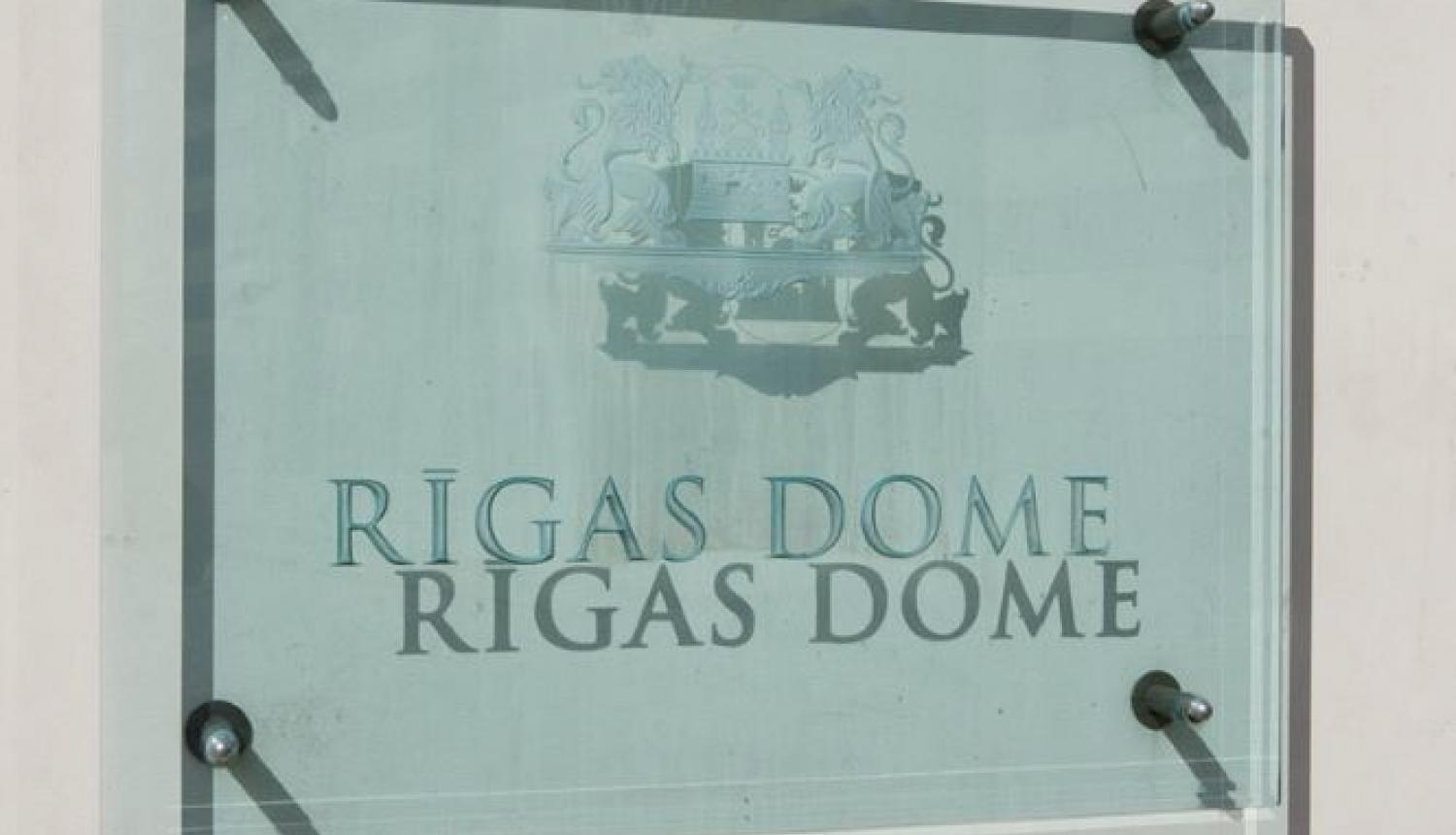Riga City Council has joined the European Clean Hydrogen Alliance, which aims to ensure transition to clean technologies by 2030 as well as establish an investment program for carbon-free projects in various sectors.
The European Clean Hydrogen Alliance has been established by the European Commission to support the development of a clean and globally competitive hydrogen industry in Europe. It’s € 430 billion investment program will not only help to achieve 2050 climate neutrality goals by 2050, but will also help to recover from economic crisis caused by COVID-19 in Europe. It is open to all public and private actors involved in renewable or low-carbon hydrogen and is ready to play an active role in achieving the goals set out in the Alliance Declaration. Riga City Council is committed to the Alliance's shared vision and will actively contribute towards implementation of renewable hydrogen technologies, which would allow a sustainable transformation of the energy sector as well as foster the integration of larger renewable energy capacity.
"This is an important step in our commitment to implement priorities of European Green Course's for sustainable energy goals. Membership of the Alliance will give us an advantage to follow best scientific and practical examples, as well as help to avoid some of the tempting false solutions”, explains Selīna Vancāne, Deputy Chairwoman of the Housing and Environment Committee of the Riga City Council and Head of the Climate Neutrality Working Group.
Riga City Council has re-opened its long-term development strategies related to energy planning, and, in accordance with the Latvian National Energy & Climate Plan 2021–2030, development of action plans for implementation of hydrogen technologies will be included.
Hydrogen has many applications, from renewable energy storage to fuel for heavy duty vehicles, as well as energy and heating applications. Most importantly, hydrogen is climate-friendly and it doesn’t emit carbon dioxide.
European Union has identified Hydrogen as a part of the key strategic value chain through the implementation of the Important Projects of Common European Interest (IPCEI).
Published: 15.01.2021.



